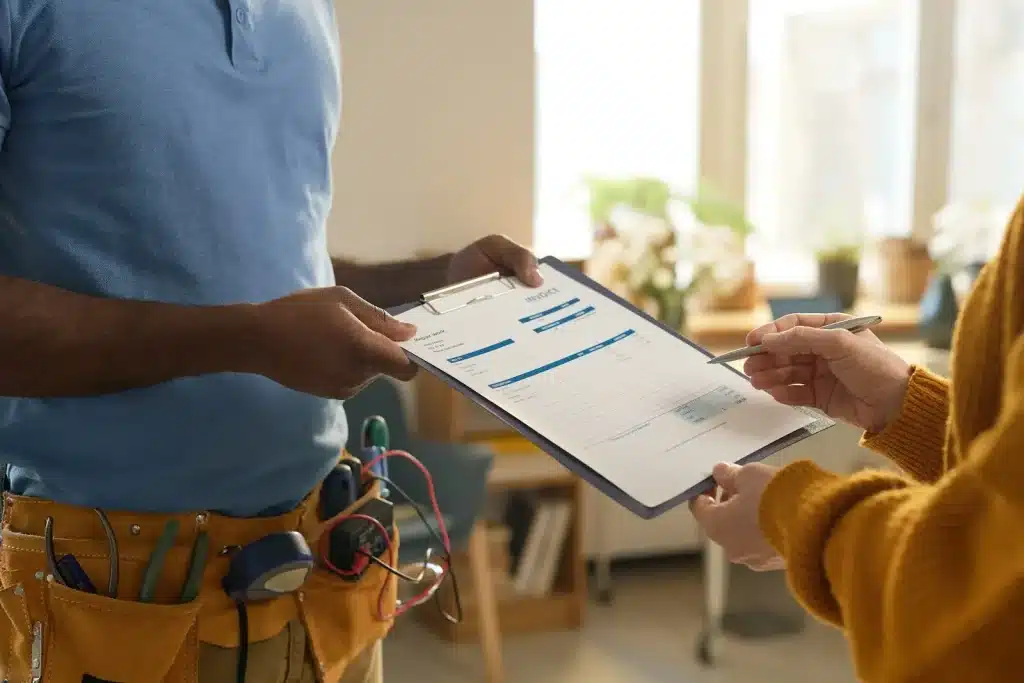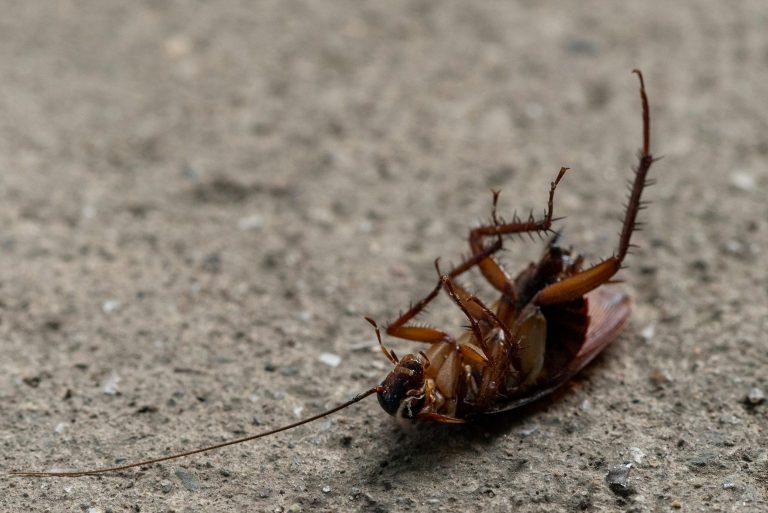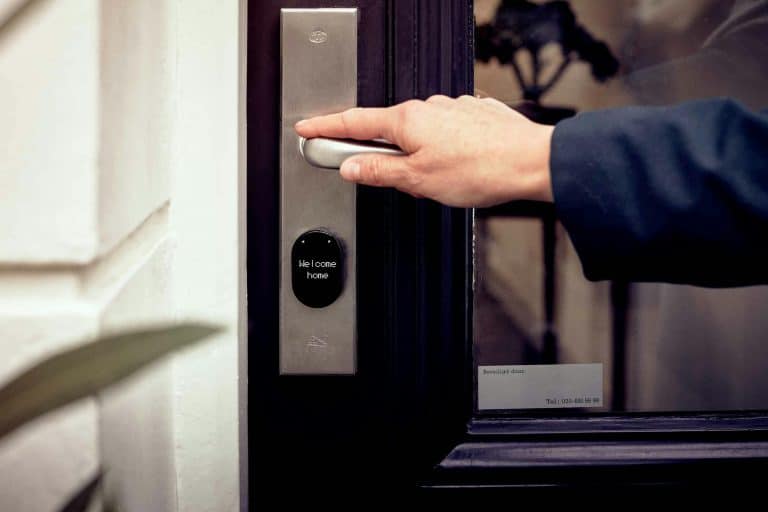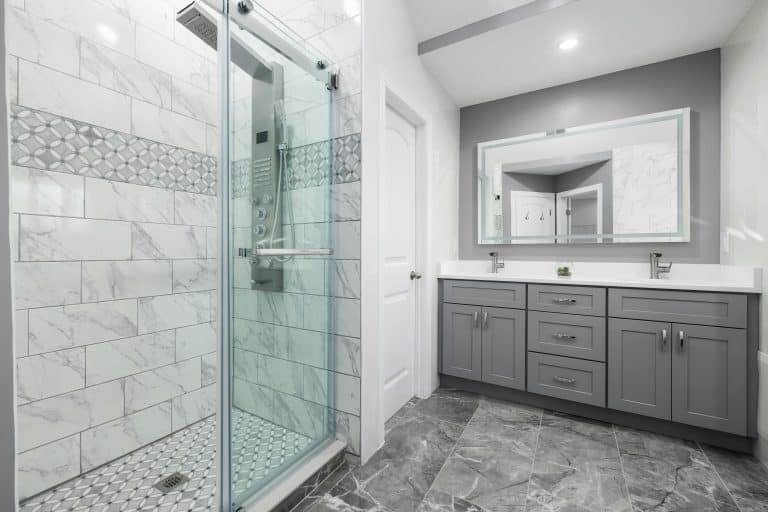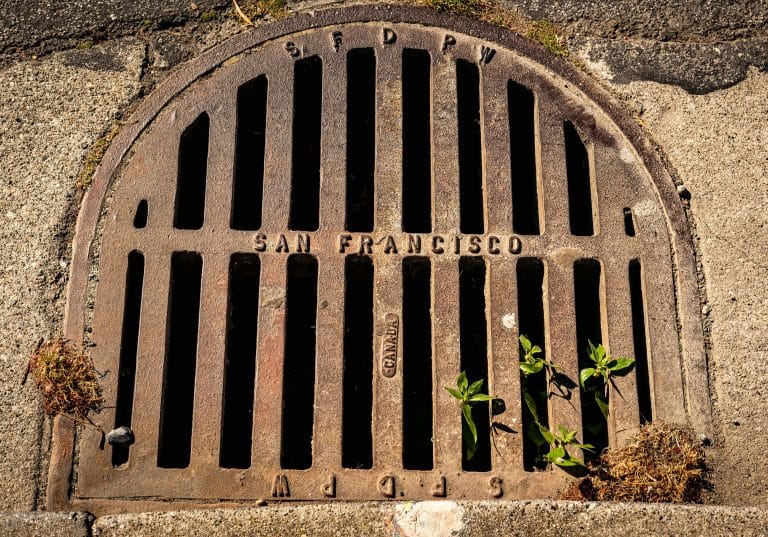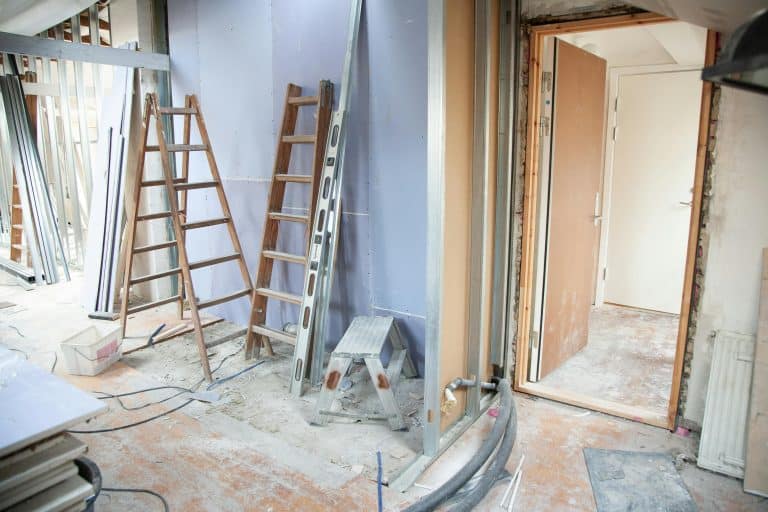7 Questions to Ask Before HVAC Maintenance and Repair
You probably don’t give much thought to your heating and cooling system until it breaks down. When that happens, your home quickly becomes uncomfortable, and you’re scrambling to find a technician. The situation is already stressful, and it gets tougher if you don’t know what questions to ask before repairs start.
That’s why it helps to be prepared. Asking a few straightforward questions can save you money, prevent repeat problems, and give you peace of mind that your system’s getting the care it needs. That said, here are seven questions worth bringing up before any HVAC maintenance or repair.
1. What Does the Service Include?
Not all service calls are created equal. Some technicians provide a basic tune-up, while others include a full inspection of parts like filters, coils, ductwork, and thermostat settings. If you don’t ask what the service covers, you may assume certain tasks are included when they’re not.
A well-structured HVAC maintenance plan should include cleaning, lubrication, system testing, and safety checks. Knowing this upfront helps you compare services fairly and ensures your system is being properly cared for.
You’ll also want to ask how long the process takes. A quick 20-minute visit may not provide the same thoroughness as an hour-long appointment, and quality care makes a difference in energy savings and long-term performance.
2. How Much Will It Cost and Are There Hidden Fees?
The price should always be clear before a technician starts working. Ask for a detailed breakdown of costs so you’re not caught off guard when the bill arrives. Some companies charge a flat rate for inspections, while others bill by the hour.
Repairs, replacement parts, and after-hours calls can all affect the final price. It’s also important to ask about potential extras. Will there be additional charges if the technician needs to replace a part? Is there a separate diagnostic fee on top of the repair cost? By clarifying these details, you set expectations early and avoid frustration later.
3. What Experience and Certifications Do the Technicians Have?
HVAC systems are complex, and you want the peace of mind that comes with a skilled professional. Ask about the technician’s training, certifications, and years of experience. Many states require licensing, so make sure the person entering your home meets those standards. A certified technician has the knowledge to diagnose issues accurately and recommend the right solutions.
Experience also matters when it comes to identifying recurring problems. For example, a seasoned professional might recognize that an unusual noise indicates a deeper issue, ultimately saving you from repeat visits and costly breakdowns. You should also check whether technicians stay updated with newer models and technology. As HVAC systems become more energy-efficient and high-tech, ongoing training is crucial for proper care.
4. What Preventive Measures Are Recommended?
Preventative maintenance helps your system last longer and work more efficiently. Ask your technician what HVAC maintenance steps you can do between visits to avoid problems. This might mean replacing filters regularly, keeping vents clear, or scheduling seasonal checkups. These habits reduce wear and tear, improve indoor air quality, and keep energy bills under control.
Some technicians may also suggest upgrades that boost efficiency, like sealing leaky ducts or adding a programmable thermostat. You don’t have to do everything at once, but knowing your options helps you make better choices. A little prevention now can save you money and headaches down the road.
5. What Happens if the Same Issue Returns?
Even with skilled technicians, there’s always a chance the same problem could resurface. Before agreeing to the service, ask if there’s a warranty or guarantee on labor and parts. Such policies show that the company stands behind its work.
For example, if your unit is repaired but fails again a week later, a reliable HVAC contractor should come back without charging you twice. Ask whether warranties cover both parts and labor, and how long they last. This protects you from paying for repeated fixes and ensures accountability from the technician or company.
6. How Quickly Can You Respond to Emergencies?
Heating and cooling problems rarely happen at a convenient time. A broken furnace in the middle of winter or a failing air conditioner on a hot day can’t always wait. That’s why it’s helpful to ask about emergency response times before you actually need them.
Some companies offer 24/7 service, while others may only respond during regular business hours. Knowing what to expect can help you plan ahead, especially if you live in an area with extreme seasonal temperatures. Quick access to HVAC repair can make the difference between a minor inconvenience and a serious disruption.
7. Can You Provide References or Reviews?
One of the best ways to know what kind of service you’ll get is by hearing from other customers. Don’t hesitate to ask for references or look up reviews online. A company that consistently delivers quality service should have plenty of satisfied customers willing to share their experiences.
Reading reviews or speaking with past clients can give you insight into reliability, professionalism, and whether the company stands by its work. It also helps you feel more confident that you’re making the right choice before letting someone handle such an important system in your home.
Key Takeaway
Asking the right questions before scheduling HVAC work helps you get the most out of every appointment. It ensures you know exactly what you’re paying for, confirms the technician’s qualifications, and gives you a plan for preventing future issues. By being proactive, you’ll protect your system, lower the risk of costly breakdowns, and enjoy a more comfortable home.


